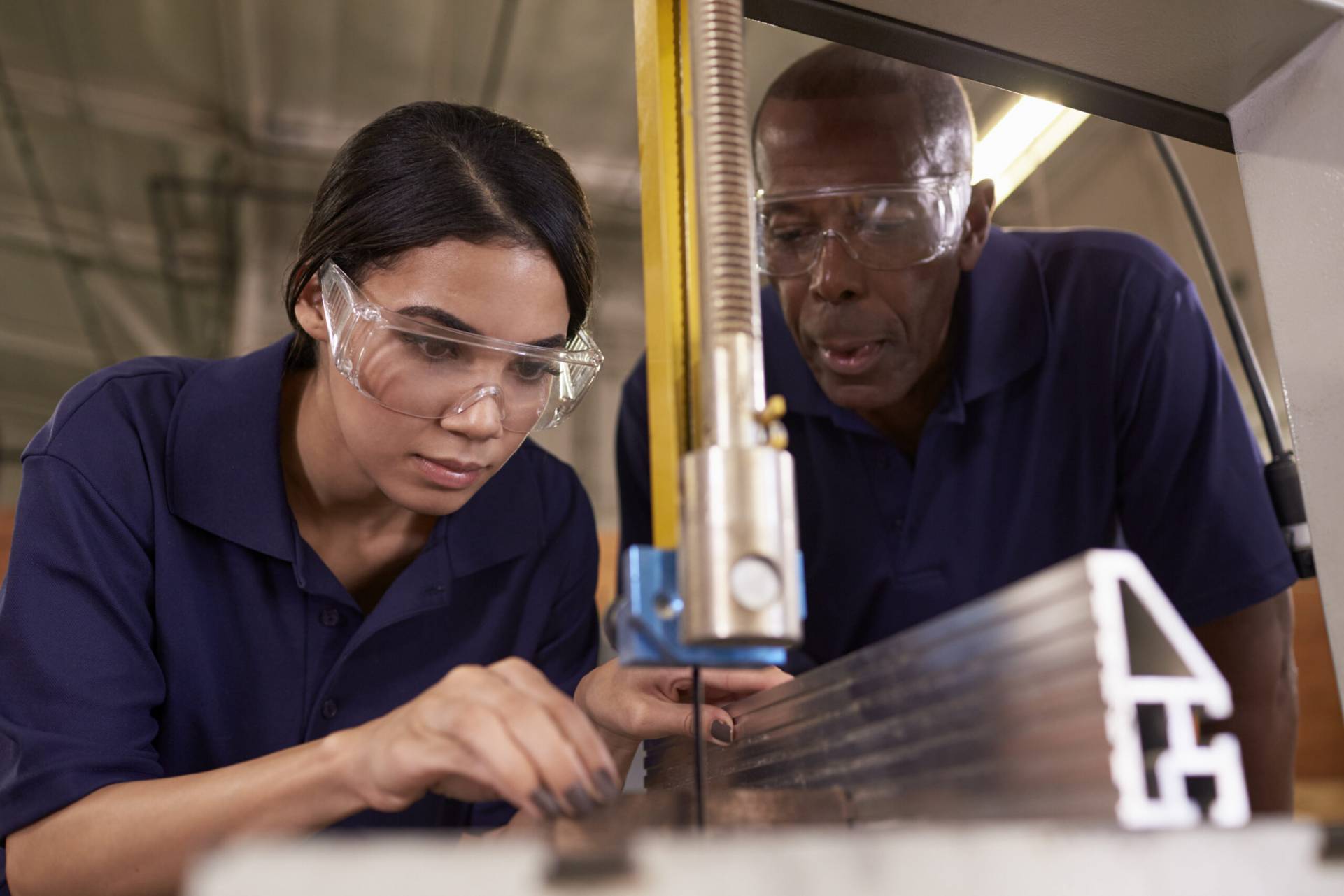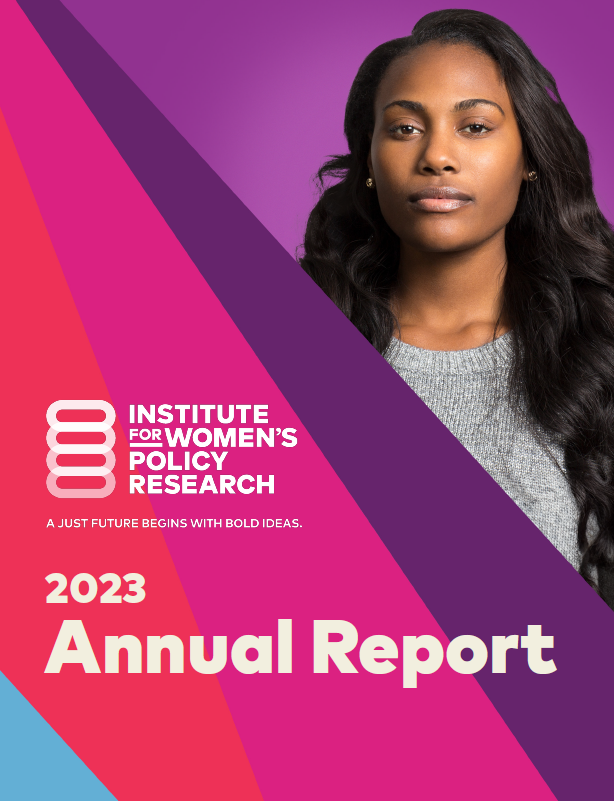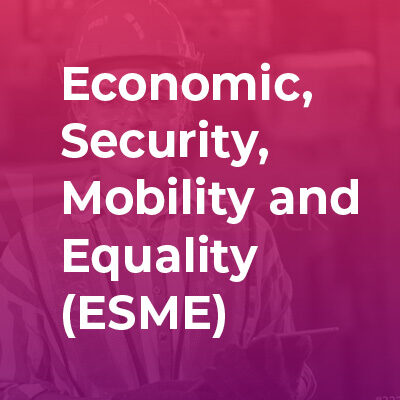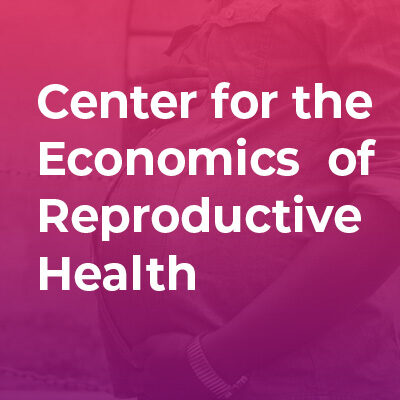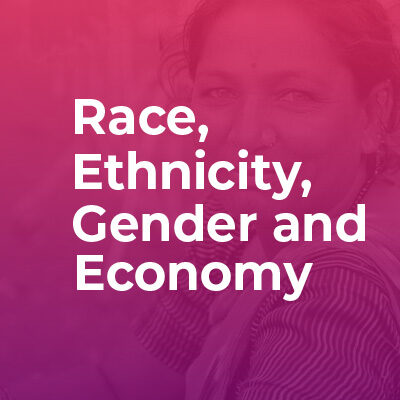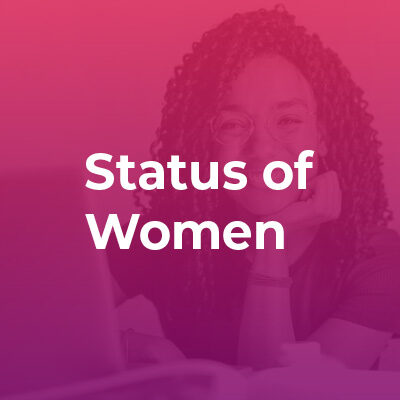
![]()
GENDER AND RACIAL WAGE GAPS MARGINALLY IMPROVE IN 2022 BUT PAY EQUITY STILL DECADES AWAY
In 2022, women working full-time year-round made 84.0 cents per dollar earned by men (a wage gap of 16.0 percent), a marginal improvement compared to 2021 (83.7 cents per dollar) and significantly higher than in pre-COVID-19 2019 (82.3 cents).1 Based on median annual earnings in 2022, this meant $9,990 fewer dollars in the pockets of a typical woman who worked full-time year-round.
![]()
BLACK WOMEN HAVE MADE MAJOR GAINS IN HIGHER EDUCATION, BUT BLACK SINGLE MOTHERS STILL STRUGGLE TO ATTAIN DEGREES
This fact sheet aims to provide college leaders, student parent advocates, and policymakers with data to better understand the landscape for Black single mother students on a national level and prompt considerations for racial and gender equity and investments in institutional resources and supportive services.

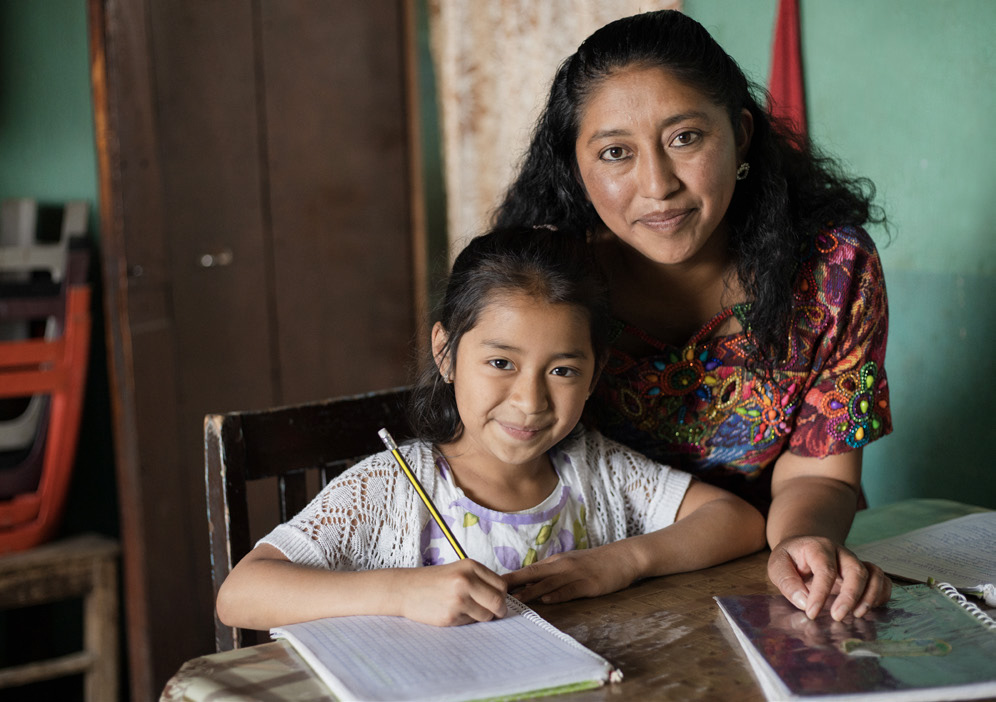
![]()
UNDERWATER: STUDENT MOTHERS AND FATHERS STRUGGLE TO SUPPORT THEIR FAMILIES AND PAY OFF COLLEGE LOANS
Student parents often face enormous financial barriers to academic success. They report high financial insecurity including issues with food, housing and other basic needs that may result in leaving college early without a credential, which has implications for future earnings. Check out IWPR’s latest research on this often-overlooked population.
![]()
The Status of Women in Florida Reproductive Rights
This White Paper provides an overview of reproductive rights in Florida. The report outlines the historical and political context of reproductive rights in the state and summarizes key data and outcomes. The report concludes with policy recommendations and areas for future research.

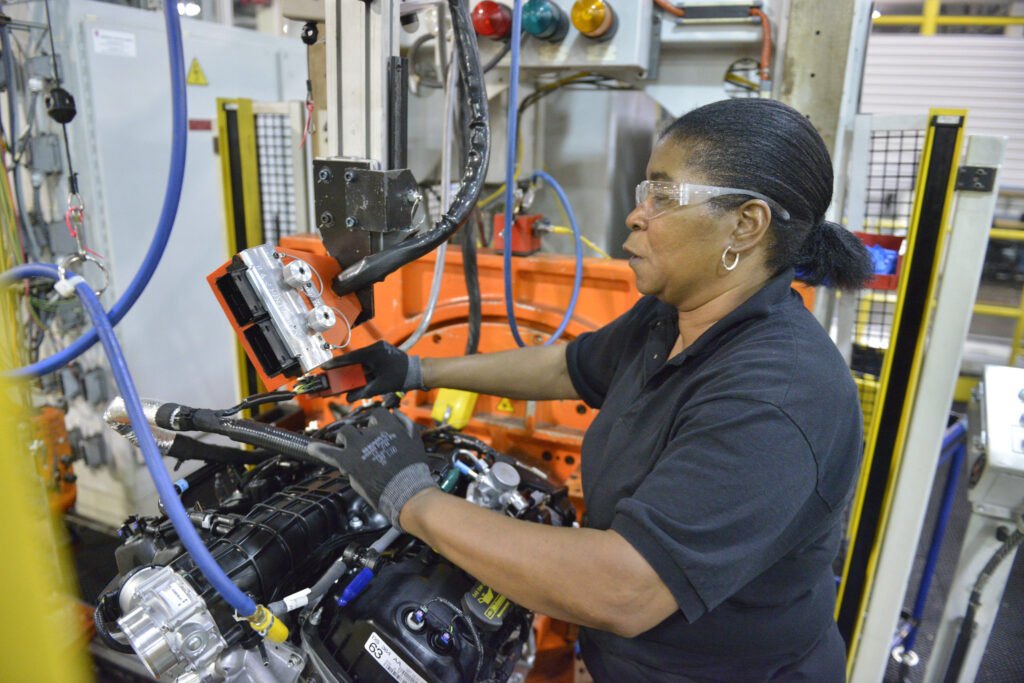
![]()
Advancing Women in Manufacturing: Perspectives from Women on the Shop Floor
Careers in manufacturing can provide high earnings and good benefits. After years of decline,the manufacturing industry is growing again. Manufacturing employs one in ten workers in the United States but fewer than a third of workers are women,and women are particularly underrepresented in many higher-earning shop floor positions that typically do not require a four-year college degree.


